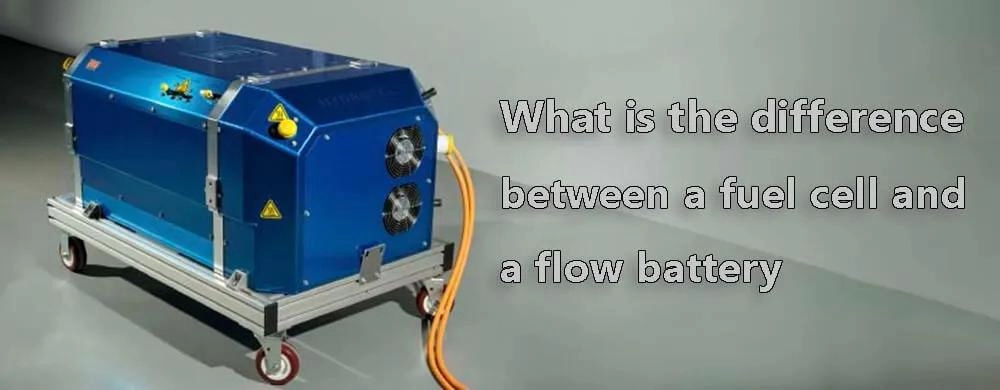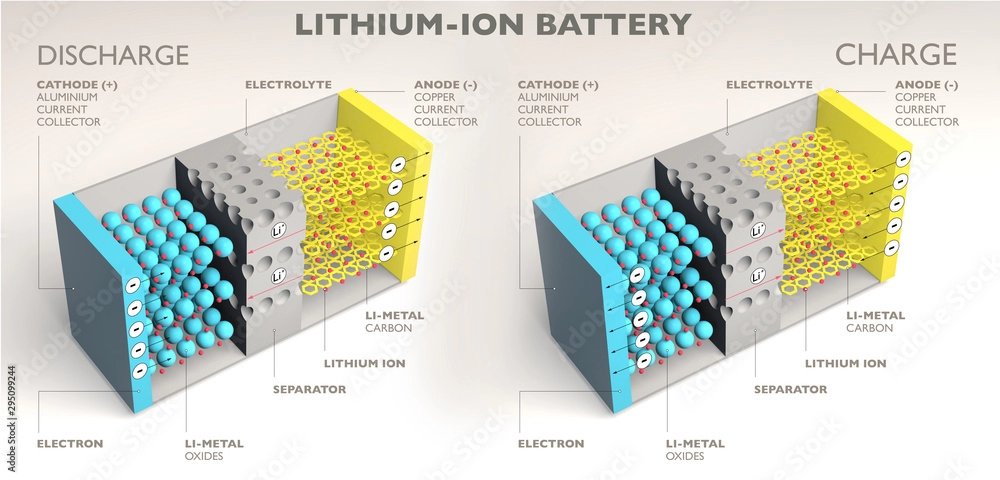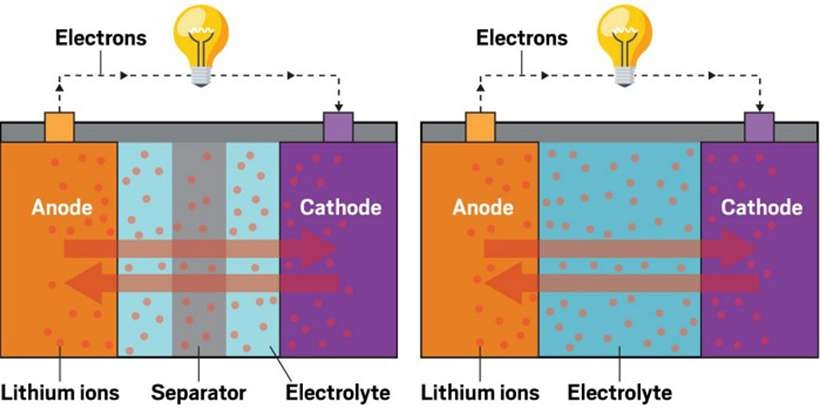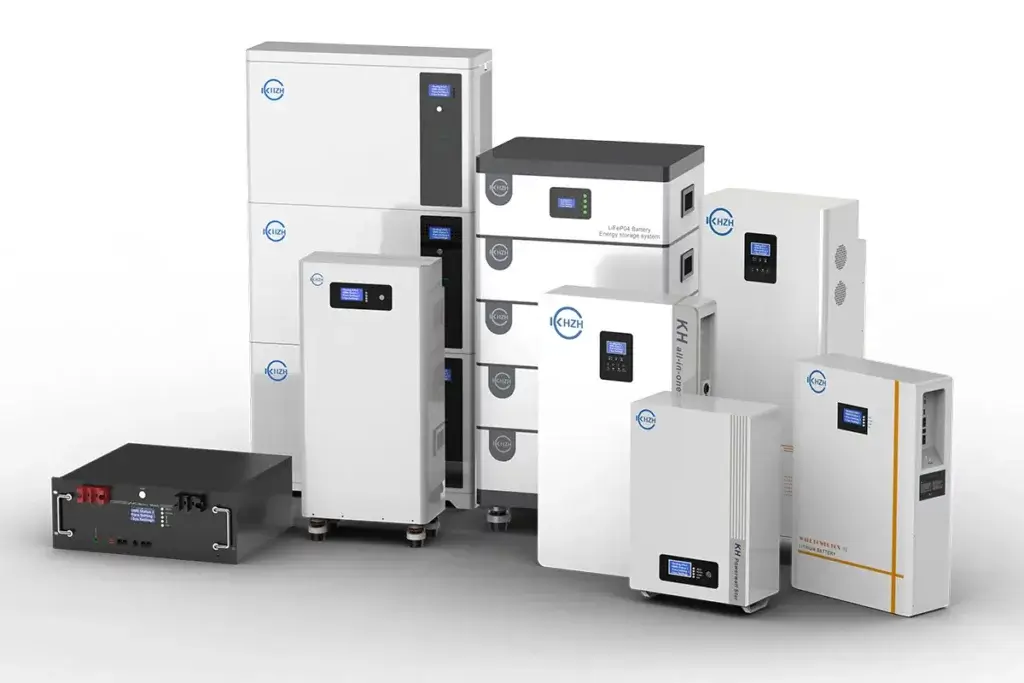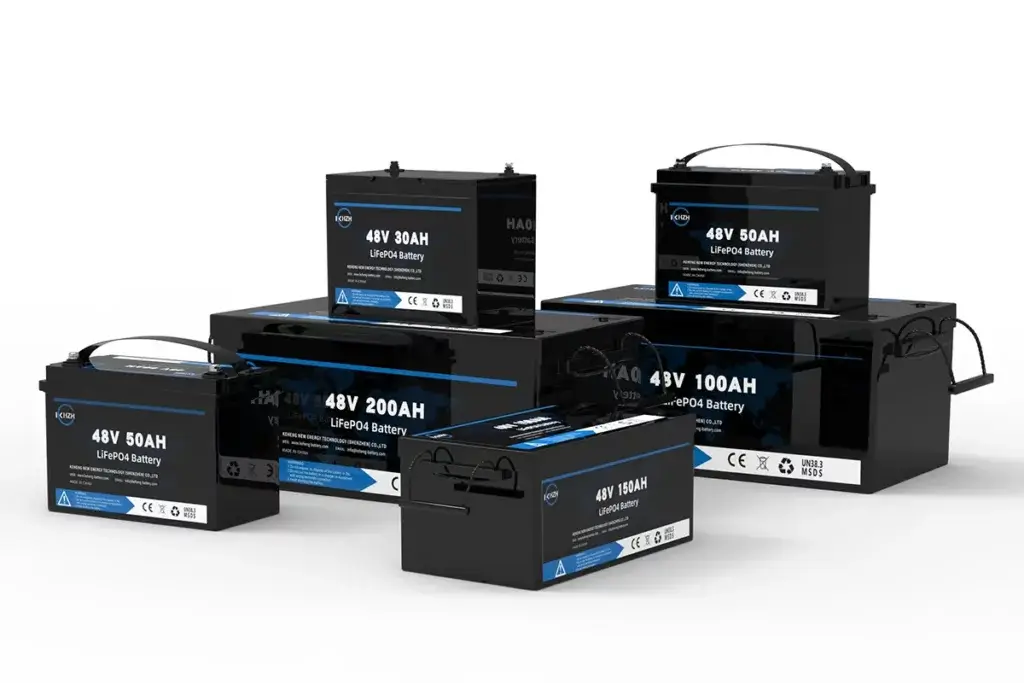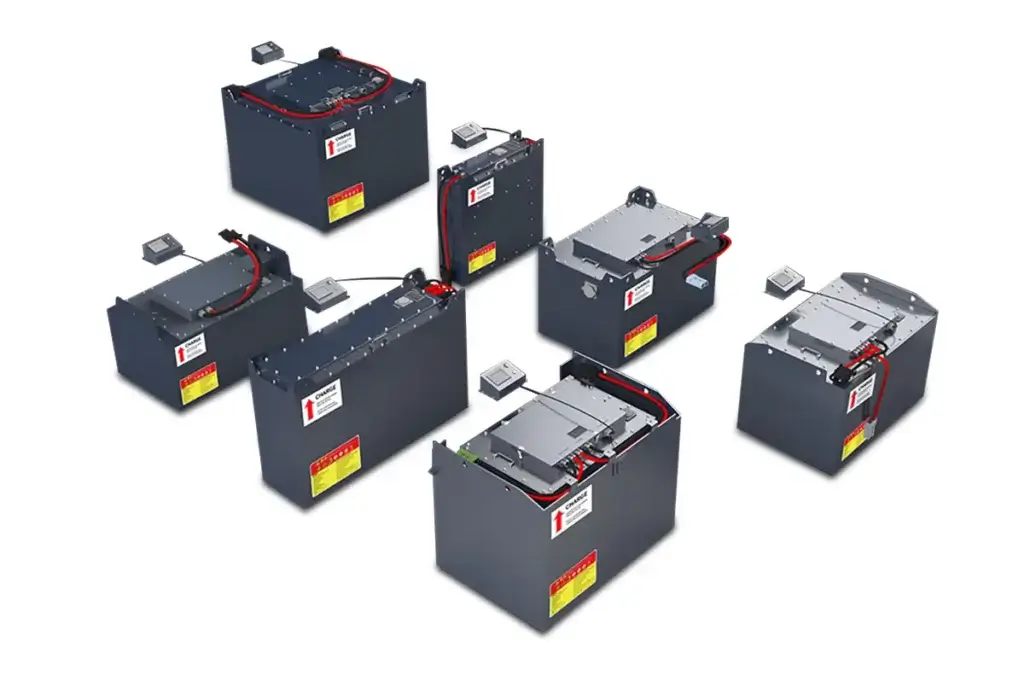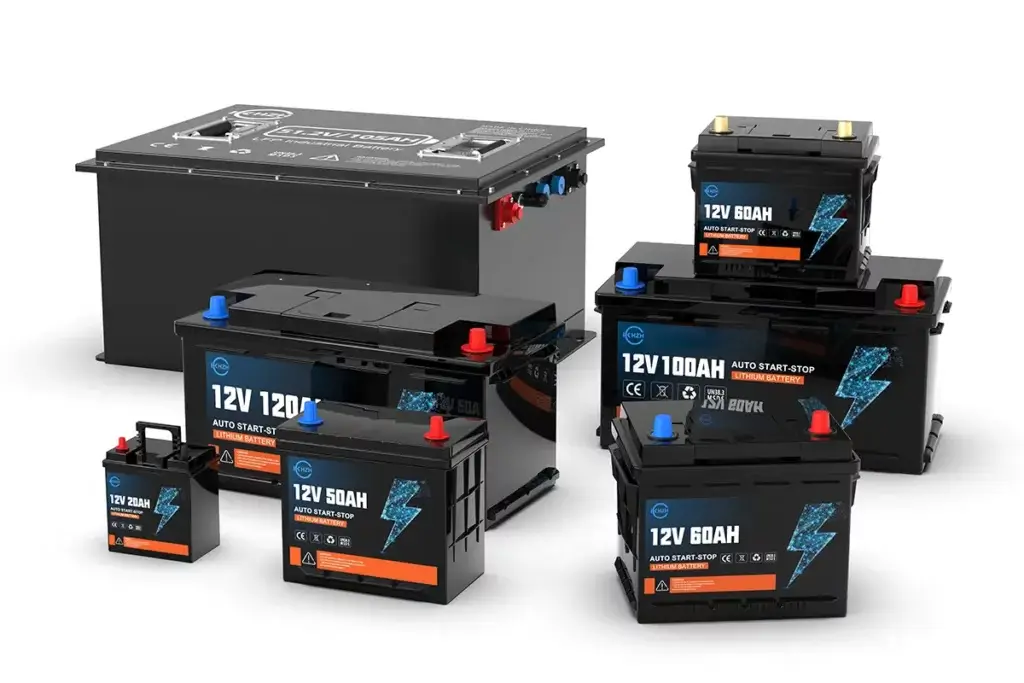When looking for advanced energy storage solutions, flow batteries and lithium-ion batteries are two of the most promising options. Each technology has unique advantages and disadvantages, making them suitable for different applications. This article provides an overview of both battery technologies to help you determine which one is more suitable for your needs.
Part 1: Understanding Battery Technology
Energy storage plays a crucial role in modern technology, influencing everything from personal electronics to renewable energy system integration. Understanding the various battery technologies available can help you decide which one to choose for a specific application.
Part 2: What is a Flow Battery?
Flow batteries store energy in liquid electrolyte solutions, which are circulated in an electrochemical cell. The two most common types are vanadium redox batteries and zinc-bromine flow batteries.
How Do Flow Batteries Work?
Flow batteries work by circulating liquid electrolytes through a battery stack, where electrochemical reactions either store or release energy. The electrolytes are stored in external tanks; by adjusting the flow rate, the power output can be adjusted accordingly.
Advantages of Flow Batteries
- Scalability: The power and energy capacity of flow batteries can be scaled independently by increasing the size of the battery stack or the volume of the electrolyte tanks.
- Long Lifespan: Flow batteries can withstand numerous charge and discharge cycles without significant degradation.
- Safety: The risk of thermal runaway is much lower compared to lithium-ion batteries, making flow batteries a safer option.
Part 3: What is a Lithium-Ion Battery?
Lithium-ion batteries are the most widely used rechargeable batteries in the world today, powering everything from smartphones to electric vehicles and energy storage systems.
How Do Lithium-Ion Batteries Work?
Lithium-ion batteries consist of an anode, a cathode, and an electrolyte, which facilitates the movement of lithium ions between the electrodes during charging and discharging processes.
Advantages of Lithium-Ion Batteries
- High Energy Density: Lithium-ion batteries can store a large amount of energy in a compact space, making them ideal for portable electronics.
- Efficiency: These batteries have high charging and discharging efficiency, minimizing energy loss.
- Mature Technology: Years of research and development have made lithium-ion batteries reliable, cost-effective, and readily available.
Part 4: Flow Batteries vs. Lithium-Ion Batteries
1. Energy Density and Efficiency
Flow Batteries
Flow batteries typically have lower energy density than lithium-ion batteries, making them less suitable for applications where space is limited. However, they offer relatively high efficiencies, ranging from 70% to 85%.
Lithium-Ion Batteries
Lithium-ion batteries are known for their high energy density, often exceeding 200 Wh/kg. This makes them well-suited for applications like electric vehicles and portable devices.
2. Lifespan and Durability
Flow Batteries
Flow batteries are noted for their long lifespan, often lasting 20 years or more with minimal performance degradation. They can withstand over 10,000 charge/discharge cycles, making them highly durable and cost-effective in the long run.
Lithium-Ion Batteries
Lithium-ion batteries generally have a shorter lifespan, typically between 5 and 10 years. However, technological advancements are improving their durability, with most lithium-ion batteries capable of withstanding 500 to 1,500 cycles before experiencing a significant decline in capacity.
3. Safety Concerns
Flow Batteries
Flow batteries are generally considered safer than lithium-ion batteries. The risk of thermal runaway is minimal, and they are less prone to catching fire or exploding.
Lithium-Ion Batteries
Safety remains a key concern with lithium-ion batteries, primarily due to the risk of thermal runaway, potentially leading to fires or explosions.
4. Cost Considerations
Flow Batteries
Flow batteries tend to have higher upfront costs due to the need for large electrolyte tanks and complex system components. Nevertheless, they may offer better long-term value due to their long lifespan and scalability.
Lithium-Ion Batteries
Lithium-ion batteries typically have lower upfront costs, but their shorter lifespan may lead to higher replacement costs over time, especially in large-scale applications.
As the demand for efficient energy storage grows, understanding the differences between flow batteries and lithium-ion batteries is crucial for selecting the right technology for your application. Whether you prioritize high energy density, safety, or long-term durability, both technologies have a place in the rapidly evolving energy landscape. For those considering long-term, scalable energy solutions, everything about energy storage systems might be worth exploring.
Sure! Here’s the content rewritten in Markdown format:
1. Cost Considerations
Flow Batteries
Flow batteries have higher upfront investment due to their complex design and the need for pumps and tanks to manage electrolyte flow. However, their long lifespan and minimal maintenance contribute to their long-term cost-effectiveness.
Lithium-Ion Batteries
Lithium-ion batteries have become more affordable due to mass production and technological advancements. However, their shorter lifespan and potential recycling costs can offset their lower initial purchase price advantage.
2. Environmental Impact
Flow Batteries
Flow batteries use recyclable materials like vanadium and bromine, which helps lessen their environmental impact. Their extended lifespan also means fewer replacements and less waste.
Lithium-Ion Batteries
Lithium-ion batteries rely on materials like lithium, cobalt, and nickel. Mining these elements raises ethical and environmental concerns. While recycling is possible, it remains a complex and costly process, leading to ecological challenges.
3. Applications
Flow Batteries
Flow batteries are well-suited for large-scale energy storage applications, including:
- Grid Storage: Their scalability makes them ideal for stabilizing power grids and integrating renewable energy sources.
- Backup Power Systems: They provide reliable backup power for critical infrastructure like hospitals and data centers.
- Industrial Uses: Their long lifespan and durability make them ideal for providing stable energy in reliability-critical industrial environments.
Lithium-Ion Batteries
Lithium-ion batteries are versatile and widely used in:
- Consumer Electronics: Their high energy density makes them perfect for smartphones, laptops, and portable devices.
- Electric Vehicles (EVs): Their efficiency and compact size make them a leading choice for EV manufacturers.
- Residential Energy Storage: Home battery systems, like the Tesla Powerwall, use lithium-ion technology to store solar energy efficiently.
4. Future Prospects
Flow Batteries
Flow batteries are poised to play a significant role in the future of renewable energy storage. Further technological advancements could reduce costs and increase energy density, improving their competitiveness with other battery technologies.
Lithium-Ion Batteries
The future of lithium-ion batteries remains strong, with research focused on improving energy density, safety, and lifespan. Innovations like solid-state batteries could address many of their current limitations, further solidifying their market dominance.
5. Maintenance and Management
Flow Batteries
Flow batteries require periodic maintenance to ensure optimal performance of pumps, tanks, and other components. However, their simple design makes maintenance easier.
Lithium-Ion Batteries
Lithium-ion batteries require less maintenance but need careful monitoring to prevent overheating and capacity degradation. Battery Management Systems (BMS) are crucial for ensuring optimal performance and longevity.
6. Performance in Extreme Conditions
Flow Batteries
Flow batteries operate efficiently across a wide range of environmental conditions, making them suitable for diverse geographic locations.
Lithium-Ion Batteries
Lithium-ion batteries can be sensitive to extreme temperatures. High temperatures can accelerate degradation, while low temperatures can reduce efficiency. However, advancements in thermal management systems are helping to mitigate these issues.
